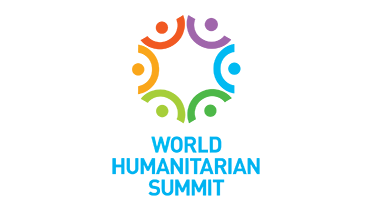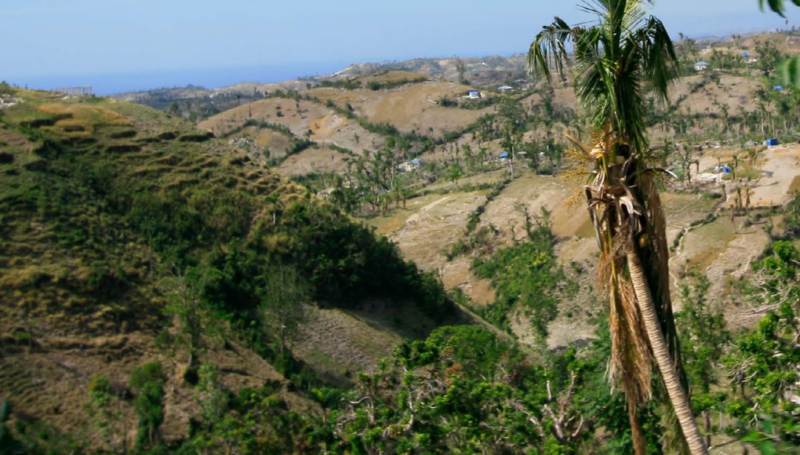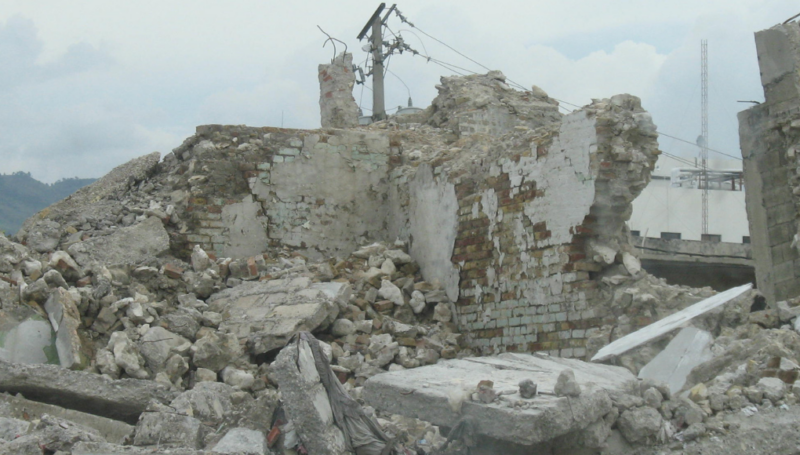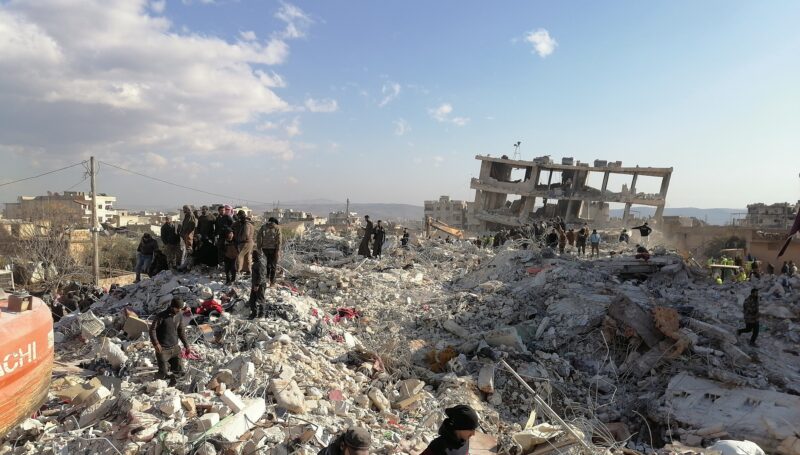By 2050 over 70% of the global population will live in urban areas. This accelerating urbanization trend is accompanied by an increasing vulnerability of cities to both natural and man-made disasters. More and more, humanitarian actors are responding to urban crisis, but are however poorly equipped to understand and effectively engage with cities’ complex socio-economic dynamics and governance structures. Recognizing these challenges, the World Humanitarian Summit has mandated an Urban Expert Group to identify key recommendations for promoting better humanitarian response to urban crisis.
Within this framework, IMPACT and UCLG, with the support of City Mayors, have conducted a series of consultations in seven cities recently or currently affected by man-made or natural disasters. Targeted cities included: Bangui (Central African Republic), Mafraq (Jordan), Gaziantep (Turkey), Tacloban, Guiuan, Bogo (Philippines), and Port-au-Prince (Haiti).
Through these consultations IMPACT and UCLG aimed to improve people and organizations’ understanding of how emergency responses can be better tailored to the nature, scale and complexity of cities, and identify concrete ways in which local systems and actors can be best supported by the humanitarian community throughout a response.
The findings from the consultations will be presented by IMPACT, UCLG and the Mayors of Mafraq (Jordan), Bangui (Central African Republic) and Gaziantep (Turkey) during a dedicated Side Event at the World Humanitarian Summit on 23 of May 2016.
To read the full reports from the consultations as well as the overarching report follow the links:
- Overarching report: Perspectives from Cities in Crisis
- Bangui
- Bogo
- Gaziantep
- Mafraq
- Port au Prince
- Tacloban
Image: World Humanitarian Summit in Istanbul 23-24 May









